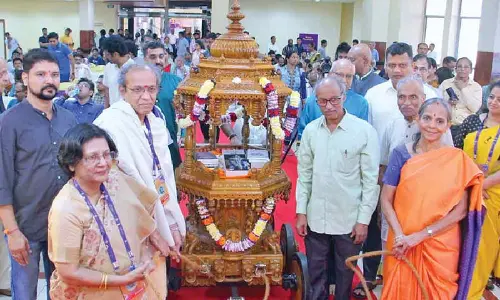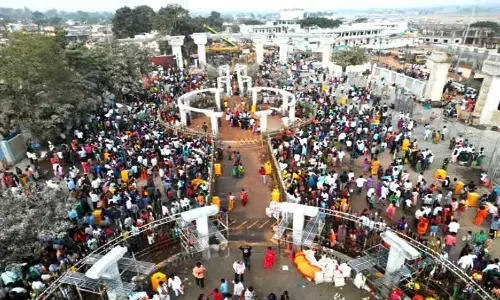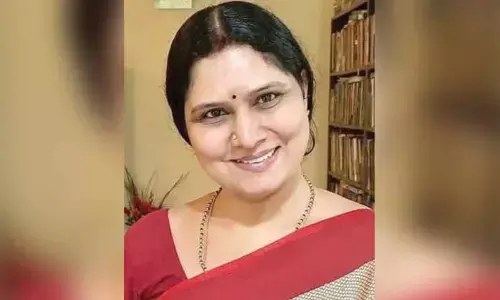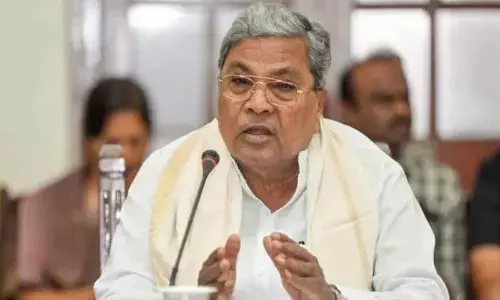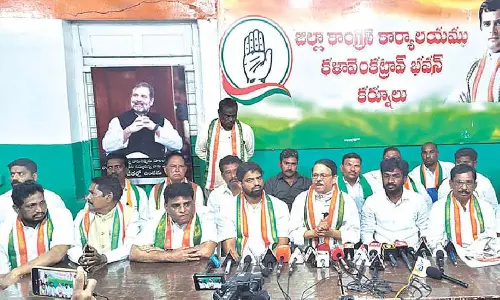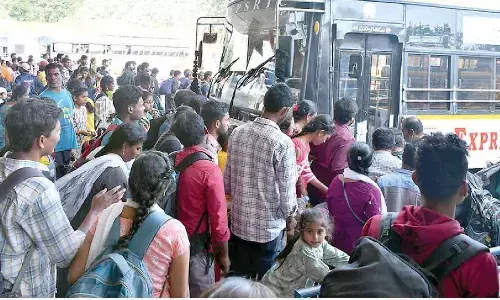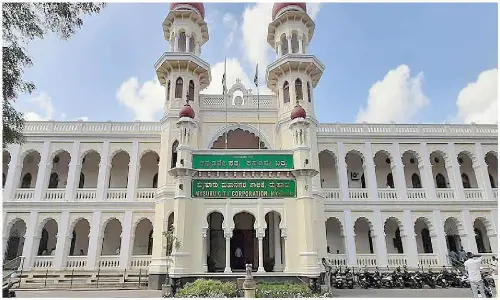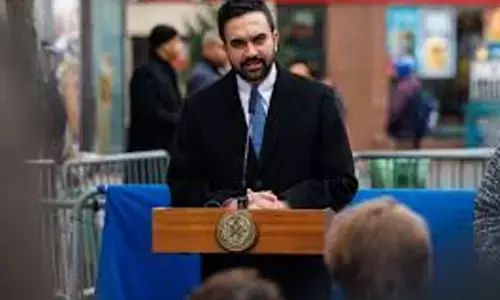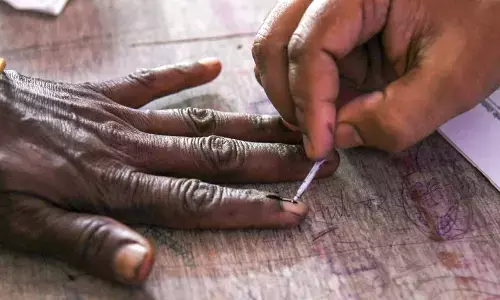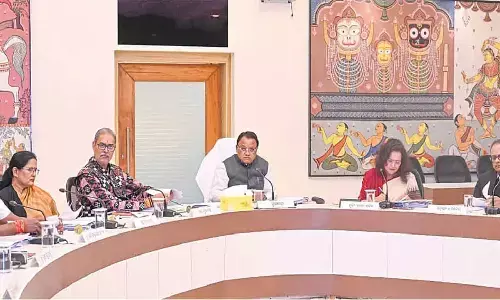Brothers from Bengaluru donated stem cells, save two cancer patients
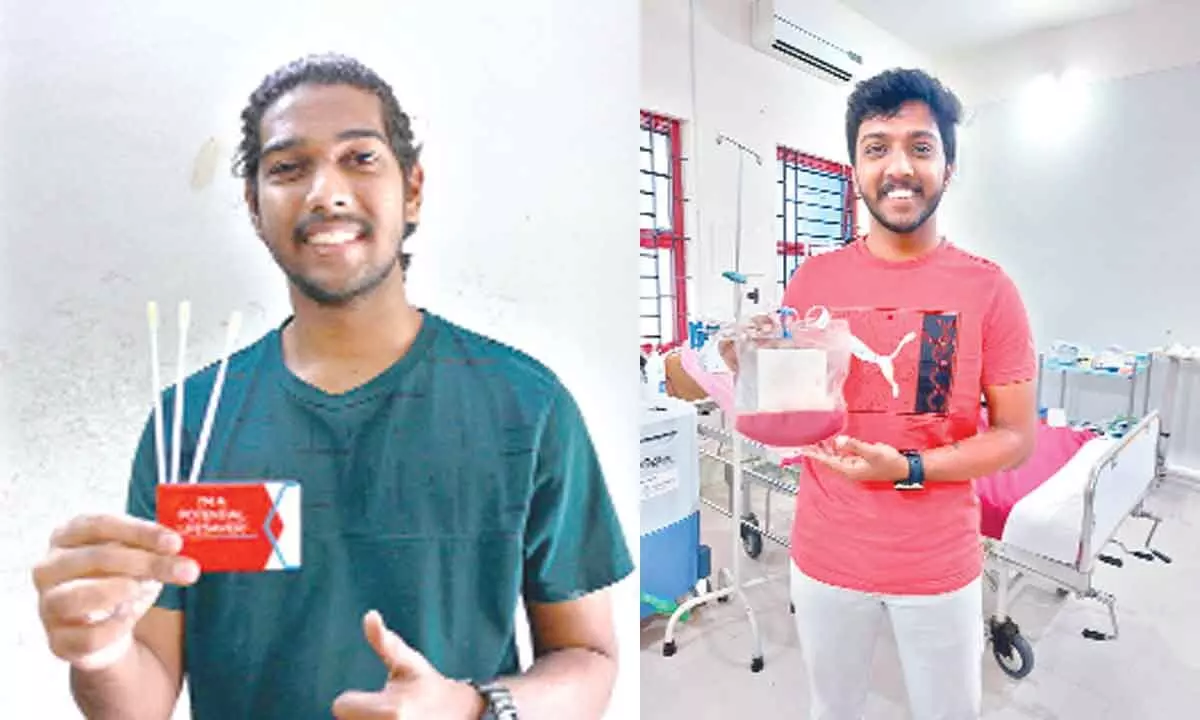
Often a blood stem cell donation from a matching donor is the last chance at survival for blood cancer patients
Bengaluru: Two siblings from Bengaluru, Prapul (21) and Prajwal (24) helped save the lives of two blood cancer patients. The brothers were matched to two different genetic twins within a brief time after their registration as potential blood stem cell donors with DKMS-BMST a non-profit organization dedicated to the fight against blood cancer. This is the first time for DKMS-BMST that two brothers were independently matched with two different patients from India, and their donated stem cell helped save the two precious lives.
Speaking about it, Prapul says, "As a dental student, I am aware of the challenges that blood cancer and other blood disorder patients face. Stem Cell transplant is the only chance for survival for most of these patients. I registered as a donor in one of the registration events organized by DKMS BMST Foundation India in my college. Registration is a simple process wherein you only have to give your cheek swab sample and fill a consent form. Within a year of the registration, I got the opportunity to donate my stem cells. It has been a great feeling knowing that I helped someone get a second chance at life.
Prapul is a BDS student, registered in 2019, and he got the opportunity to donate in 2021. Prajwal, the elder sibling got inspired by his younger brother and decided to register in 2021 and donated in 2022. Their parents and family were incredibly supportive, and they have become a role-model in their extended family and local community. The brothers are actively encouraging other people to register as potential donors.
Prajwal says, "After Prapul donated his stem cells, I noticed a profound sense of pride and fulfillment in him. It gave me the confidence and motivation to register as a donor. After I got the chance to donate, I could also feel the same as Prapul. It is a great feeling; I cannot express it in words. Both of us are now actively encouraging our friends and family to register as potential blood stem cell donors."
In India, the percentage of people who know about blood stem cell transplant as a lifesaving treatment modality is abysmal. When some patient needs a stem cell transplant, their odd of finding a match is more amongst people of similar ethnicity. For Indian patients, having a large donor registry comprising people of Indian registry will ensure that more people who can benefit from this treatment modality can find genetic matches.
The CEO, DKMS BMST Foundation India, Patrick Paul said, "In India, we see over one lakh new cases of blood cancer and blood disorders every year. Despite this huge burden, the number of Indians that are registered in stem cell registries are significantly lower than many other countries. A stem cell transplant is likely to be successful only if the donor's HLA (Human Leukocyte Antigen) tissue type is a close match to that of the patient. Only about 30% of the patients can find a sibling match and the rest 70% depend on finding a matching unrelated donor.
There is a possibility of finding the perfect match from a donor of the same ethnicity. Unfortunately, patients of Indian ethnicity have a hard time finding a matching donor due to lack of potential donors in Indian registries. Hence, there is an urgent need for youngsters like Prapul and Prajwal to come forward and register as a potential donor."
According to World Marrow Donor Association, there are over 40 million donors registered across the globe and only 0.5 million of these are from India. India is an ancient population with a diverse ethnicity; therefore, it becomes especially important that more and more people from varied ethnic background to come forward to register as a stem cell donor. The registration process are interested citizens between 18-50 age-group can register at dkms-bmst.org/register. All it takes is five minutes of your time and a simple 3 step process. The Visit the site, fill up an online form and you will receive a DIY swab kit at home.
Once you receive the swab kit, fill out the consent form and take a tissue sample from the inside of your cheeks with 3 cotton swabs provided in the kit. Send back your swab sample in the pre-paid envelope provided. DKMS laboratory will then analyze your tissue type and your details will be available in the global search for blood stem cell donors.
If you do come up as a suitable donor, DKMS-BMST will get in touch with you straight away. Your blood stem cells will be collected from the bloodstream via Peripheral Blood Stem Cell Collection process, which is similar to a blood platelet donation wherein only your stem cells are taken. This is a safe, non-surgical outpatient process.








